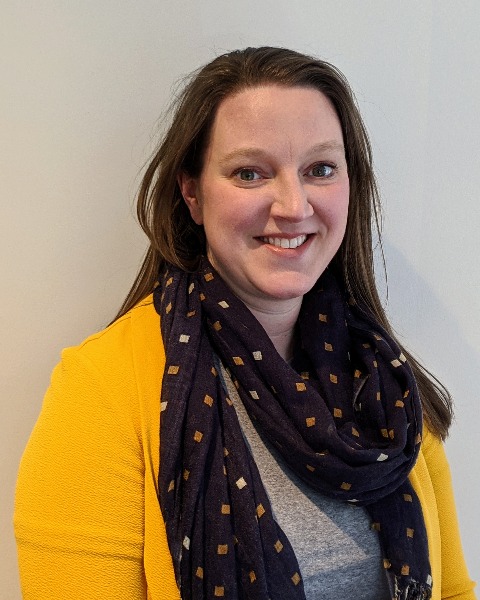Section Symposium
Medical, Urban, and Veterinary Entomology
Science Policy
They're everywhere: Local public health professionals in vector surveillance and control

Chelsea Gridley-Smith (she/her/hers)
Director, Environmental Health
National Association of County and City Health Officials
Washington, District of Columbia
Presenting Author(s)
Local public health professionals play a vital role in vector surveillance and control, as they are responsible for protecting their communities from the diseases transmitted by mosquitoes, ticks, rodents, and other vectors. However, vector-borne disease management is often a complex and challenging task, as it involves multiple agencies with different mandates, jurisdictions, and capacities. Communication and coordination among these agencies are essential for effective and efficient vector control, but they are often lacking or insufficient. How can local public health professionals improve their collaboration and integration with other vector control stakeholders?
In this presentation, I will explore the benefits and barriers of interagency communication and coordination for vector surveillance and control. I will also share some best practices and tools for enhancing interagency collaboration with local public health professionals. I will provide examples from various local health departments that have successfully implemented these strategies to improve their vector control programs. I will also discuss some of the challenges and opportunities for local public health professionals in the context of emerging vector-borne diseases, such as West Nile virus, Lyme disease, and Dengue virus. I will argue that local public health professionals are key leaders and partners in vector surveillance and control, and that all vector control stakeholders benefit from strengthening their communication and coordination with each other.

.png)
